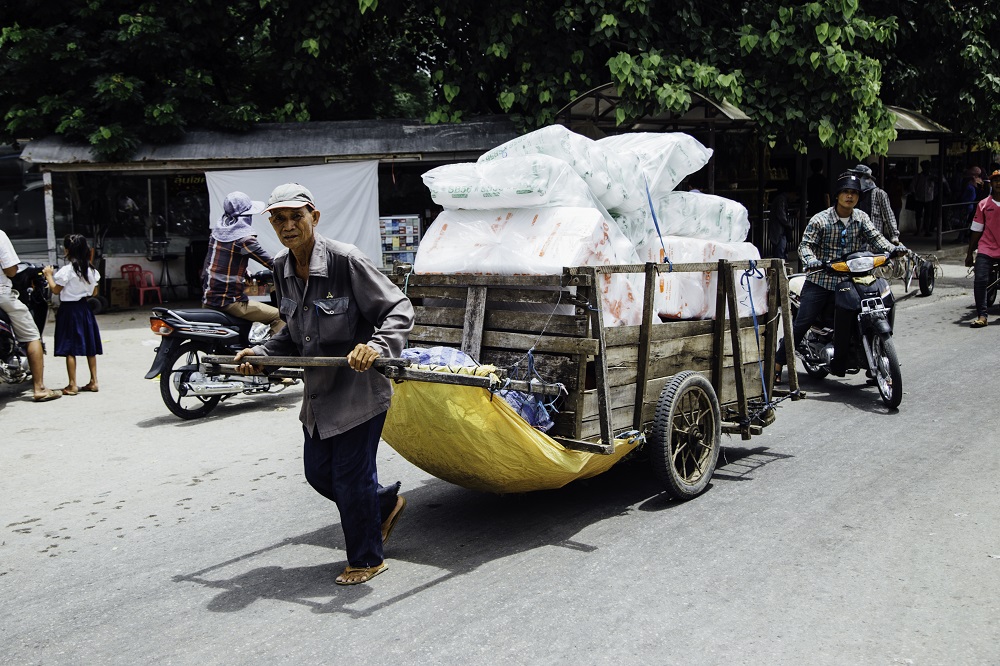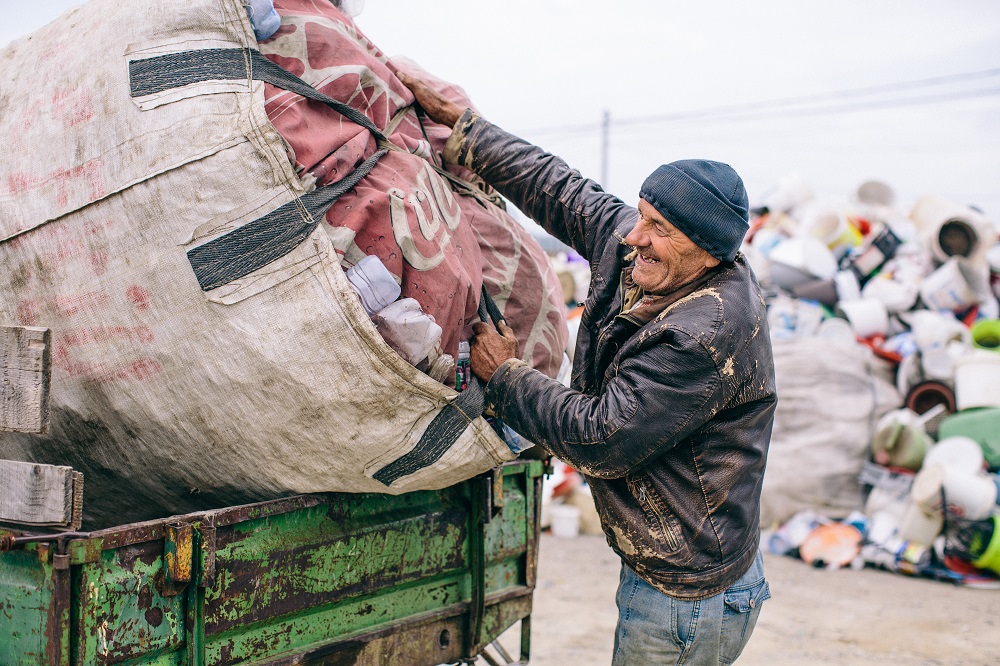Today’s post is written by Shelly Crouch. She and her husband served in Eastern Europe with The Alliance for 19 years. She recently completed her Master of Arts in Global Development and Social Justice at St. John’s University.
Thanksgiving is here—a season I wait each year to embrace. I am drawn to the opportunity to reflect deeply and to be truly grateful.

There is much to be grateful for in our lives. We have community, we have warm homes, we have food, we have beds, we have shoes—simplicities to be sure, but simplicities that could fill this page. We have life to the full.
We also have a gift, a commodity that we truly forget to recognize—we have voice.
In the scriptures, God asks us to use our voice to speak for the voiceless, to not forget the vulnerable (Is. 61, Is. 58, Mt. 25). Jesus said that we would always have the poor and vulnerable with us, and we do. In fact, most of the people in our world today are poor.
Half of the world’s population lives on less than $5 a day and close to 1 billion people live on less than $1.90 a day. It is a sobering when we realize that 80% of the people on earth today live in moderate to extreme poverty and, if you are reading this, you are most likely not one of them.
Poverty takes on different forms and is relentless in how it distorts the lives of the people it affects, keeping them from reaching their God-given potential, depriving us all from a better world.
Leviticus 19:9-10 gives us a glimpse of God’s expectation of community done well: “When you reap the harvest of your land, do not reap to the very edges of your field or gather the gleanings of your harvest. Do not go over your vineyard a second time or pick up the grapes that have fallen. Leave them for the poor and the foreigner. I am the Lord your God.”

God’s priorities do not run along the lines of efficiency but along the lines of the well-being of our community. God is concerned about the poor and the vulnerable, and He desires that we are also concerned, recognizing, as He does, the dignity of all people. We are all equal in His eyes.
One of the pillars of injustice that surround, create, and sustain poverty is the thought that “they”, the poor, are not a part of “us”, the non-poor; “they” are not deserving of inclusion in “our” society. This is not the Father’s view of the vulnerable. His view is exactly the opposite.
The “poor” are a part of us. As I read the scriptures about the poor, I am impressed that the Lord assumes we live close to poor, that we know who the vulnerable are in our communities.
In societies all over the world, the trend is to marginalize the poor and push them out of sight. The Father wants us to take notice—taking action on their behalf, not ignoring or excluding them. We, who have power, voice, and means, are responsible for including the poor and the vulnerable in our communities.
The actions that the Lord leads us into on behalf of the vulnerable can take many forms. In word, we can speak up for the vulnerable and be a voice for the voiceless. In deed, we can see the poor and physically help them as Jesus expects in Matthew 25. In prayer, we can lift the poor and the non-poor alike to the Father.
Let us see the Kingdom of God come into our communities today so that we can truly live lives concerned not only for our own well-being but also for the well-being of others. Let us live in communities of gratitude, serving one another.